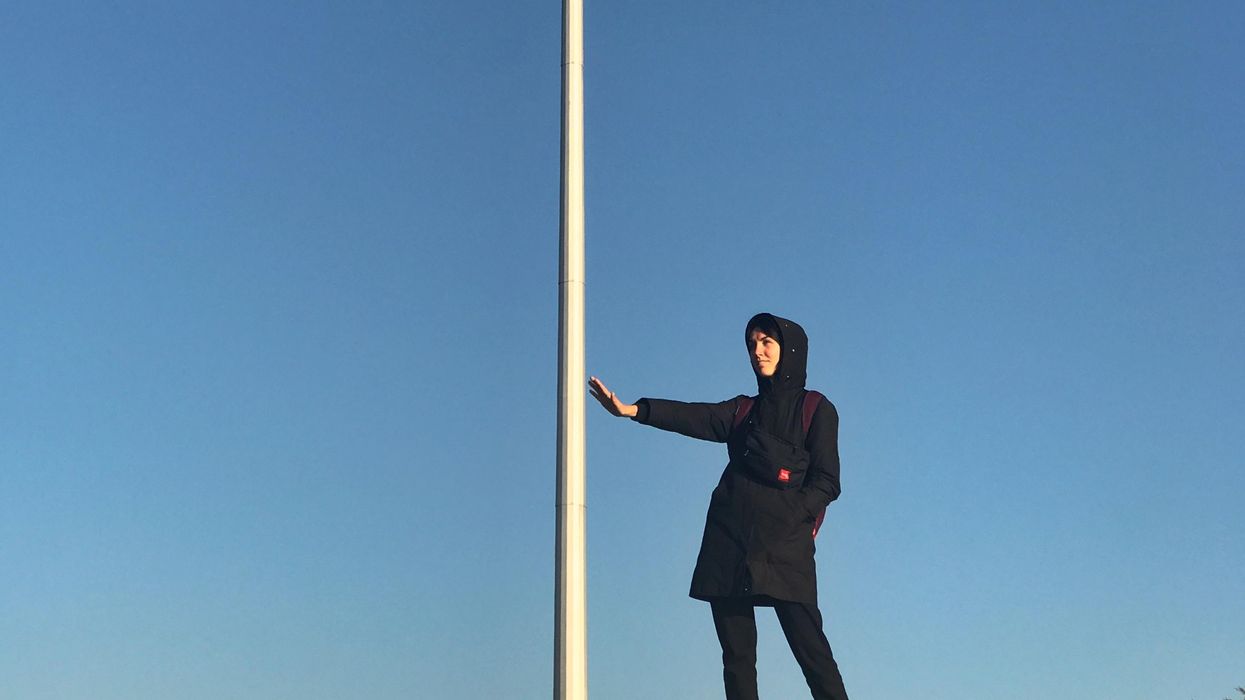Of all the weapons and tactics available in geopolitical conflicts, my favorite is taking in refugees. It spills no blood, wrecks no cities, causes no misery, and invites no escalation. It exacts a toll on the enemy while making us better off. It allows no doubt as to who are the good guys and who are the bad.
Joe Biden had the foresight and courage to embrace this option, announcing Thursday that the United States will not only provide $1 billion to European countries that have been flooded with refugees but also accept 100,000 Ukrainians fleeing the Russian invasion.
If that sounds like a lot, it isn't. In the 1990s, U.S. refugee admissions often exceeded that number, and in 2016, we took 85,000. By that standard, we have a lot of catching up to do, having taken only 76,000 in the four years from 2018 through 2021.
Some 3.6 million people have left Ukraine, and as many as seven million have been displaced internally. Two million have escaped to Poland — enough to swell its population by five percent. But governments that object to Vladimir Putin's aggression and want to help its victims can't expect Ukraine's closest neighbors to shoulder the whole task.
In the short run, a huge influx puts a serious strain on health care, housing, education, and other services in the receiving nation. The best remedy is to spread the refugees among many countries.
Germany has admitted 175,000 so far, and 150,000 have gotten into Austria. The European Union acted quickly to grant Ukrainians the right to live and work in Europe for up to three years. Even the Hungarian government, which was known for its aversion to refugees, plans to take tens of thousands. Biden's plan should represent a down payment on our rightful share.
Cynics may figure the administration is inclined to help only because the unfortunates are white, European and mostly Christian. In fact, our past refugee admissions have come mostly from Africa and Asia, including the Middle East. Since the fall of Kabul, the U.S. has taken in 74,000 Afghans.
Besides, there are powerful reasons beyond humanitarian concerns to accept displaced Ukrainians. Welcoming refugees is a potent weapon against our adversaries, as we recognized during the Cold War.
The U.S. opened its doors to people fleeing communism in Hungary, Czechoslovakia, the Soviet Union, and Cuba, on the perception that we could only benefit from new arrivals who yearned for freedom. It was a point of great significance in the free world that the East German government erected the Berlin Wall not to keep intruders out but to keep its own people in.
If communism was a superior system, Americans asked, why weren't Westerners eager to live on the other side of the Iron Curtain? In the early 1960s, Cubans who couldn't leave went so far as to send their children to this country to spare them a life under Fidel Castro's dictatorship. South Vietnamese took to the sea in flimsy boats after the communist victory in 1975.
We didn't merely feel an obligation to these exiles; we felt a deep kinship. In the great struggle between democracy and totalitarianism, they had to make a life-altering choice, and they chose us. The same can be said of Ukrainians who are desperate to escape death or subjugation at the hands of Putin.
There's no reason to limit our hospitality to Ukrainians. We should also offer safe haven to Russians who fear and detest Putin, just as we welcomed defectors from the Soviet Union. Cato Institute scholar Ilya Somin (a Russian Jewish immigrant) argues that fostering a brain drain would undermine Russia's war machine while enhancing America's scientific progress and economic growth.
This strategy would also work against Xi Jinping's suffocating rule. Somin's Cato Institute colleague Alex Nowrasteh notes that "90 percent of Chinese STEM doctorate recipients were still in the United States a decade after completing their studies. All the U.S. government has to do to wipe out the Chinese government's talent recruitment efforts and raise that percentage even more is allow them to come to study, work, and live here with a minimum of bureaucratic fuss and the removal of arbitrary visa restrictions."
Many able strivers in unfree countries would love the chance to find freedom and contribute their talents to America. Putin and Xi would hate to see them go, which is all the more reason for us to make it happen.
Reprinted with permission from Creators.com









